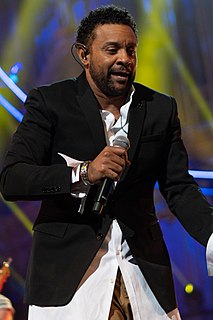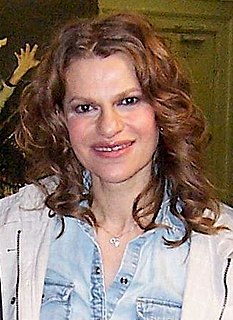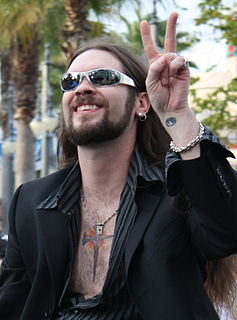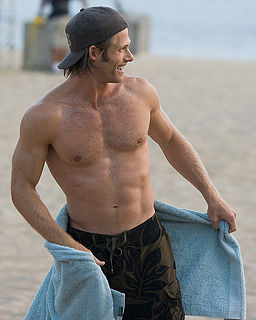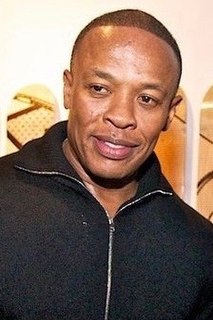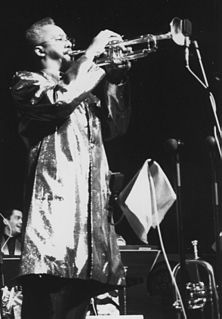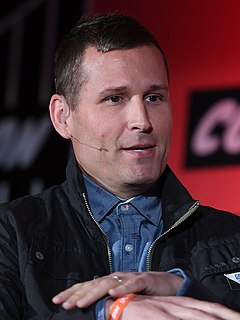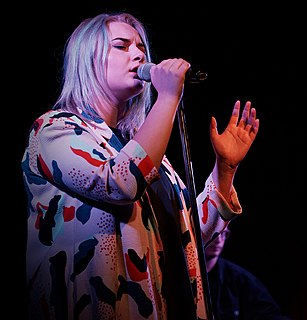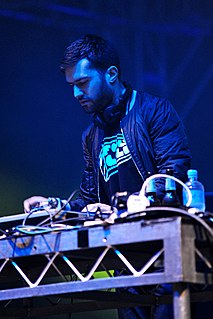A Quote by Steve Earle
I'm trying to make records where people don't feel cheated. Nashville has been guilty of insulting the Country Music audience for years and years.
Related Quotes
I was blessed. I had a great childhood and great parents that loved music and family. I moved from England when I was almost 18 and been on my own ever since and have been trying to make a living in the music business for the past twelve years. A lot of people say I'm an overnight success, but it's an overnight success that's been twelve years in the making.
As far as my single selections, over the years it's been a very essential part of my survival tactic, but I have no problem being able to jump on records with whoever people think is the rawest rapper in the game or number one or King or whatever they wanna name themselves, to be honest with you. It doesn't affect me, 'cause that's what I come from; I'm comfortable in that zone. But I don't wanna make hood music, I don't wanna make street music, I want to make world music, global music, international music.
When I came to Nashville, I was sort of experimenting with a new identity, experimenting with the country world and country writers. I realized I needed to take a step back from that, to be true to some of the music I've been doing over the years and to put that into the world before I move forward and redefine myself again.
There are certain records from the 80s and early 90s that you love because the songs are great, but you don't go to them as an example of great production. Over the last 20 years, myself and a lot of other musicians my age have tried to discover things in 50s, 60s, and 70s recording techniques that were lost or discarded. We've all been trying to crack this code. It's been an important period in the last 15 years, reclaiming some of those lost approaches to making records.


